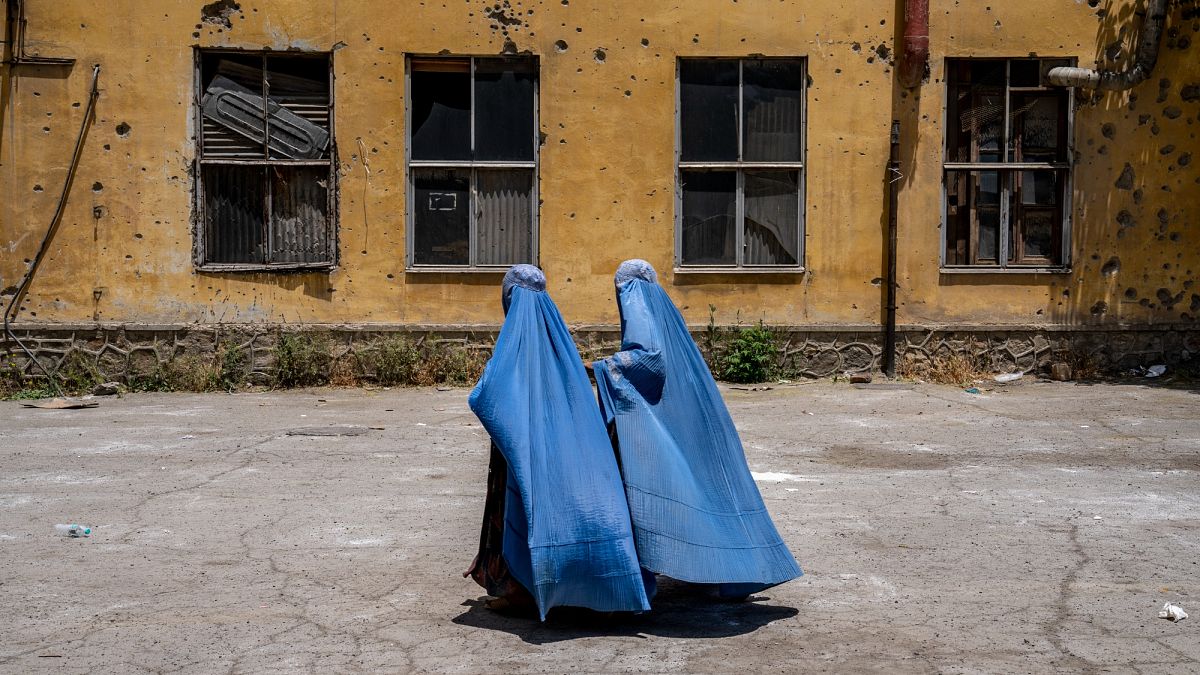

The past week has borne witness to an array of significant global events, each posing unique challenges but also highlighting the strength and resilience of people and institutions around the world. From legal interventions in Afghanistan to environmental adversities in India, and continuing tensions in the Red Sea, these developments provide a snapshot of current international affairs.
The International Criminal Court (ICC) has taken a bold step in its commitment to uphold human rights by issuing arrest warrants for key Taliban leaders. The warrants target the Taliban’s supreme leader and the head of Afghanistan’s Supreme Court, holding them accountable for actions that have significantly undermined women’s rights. Since returning to power, the Taliban authorities have enacted measures severely restricting girls’ education and suppressing the voices of women across public spheres. This move by the ICC represents an important reminder of the global commitment to gender equality and justice, aiming to pressure the Afghan leaders into rethinking their stance on women’s rights.
In parallel legal and human rights developments, a report out of Israel highlights the intense impact of conflict on personal safety and dignity. Research conducted by the Dinah Project reveals that Hamas allegedly used sexual violence as a weapon during a 2023 attack. Compiled from survivor testimony, first-responder experiences, and additional evidence, the report underscores the severe humanitarian implications that arise during conflicts. The acknowledgment of such atrocities by international communities could serve as a significant step towards achieving accountability and healing for affected individuals.
Meanwhile, maritime tensions persist as two unfortunate incidents have been reported in the Red Sea, highlighting the continuing threat to commercial shipping in the region. The Greek-owned bulk carrier, the Eternity C, was subjected to a perilous attack, leading to the tragic loss of lives and several crew members missing. Yemen’s Houthi rebels, engaged in a protracted conflict, have claimed responsibility, saying these actions were in response to allegiances with Palestinians in Gaza. The Red Sea, a vital corridor for maritime trade, has seen reduced traffic amid increasing hostilities, impacting the global supply chain and regional stability.
Environmental challenges also made headlines, with the Indian state of Himachal Pradesh experiencing devastating flash floods and landslides. The heavy monsoon rains this year were particularly intense, triggering 23 flash floods and 16 landslides, causing widespread damage. The local government reported the destruction of homes, bridges, and critical infrastructure, leaving dozens missing and communities grappling with recovery. Offering a somber picture of climate-related vulnerabilities, these events highlight the urgent need for global cooperative efforts to address and mitigate the impacts of climate change while fostering resilience in susceptible regions.
Amid these challenges, political discourse continues with developments in Brazil, where former President Jair Bolsonaro faces a trial concerning an alleged coup attempt. Drawing international attention, former U.S. President Donald Trump has come to Bolsonaro’s defense, suggesting that the charges represent a political “witch-hunt.” Current Brazilian President Lula has firmly rejected foreign interference, emphasizing Brazil’s sovereign judicial processes. This unfolding situation underscores the complexities of political dynamics where national law and international perceptions intersect.
These events collectively depict a world fraught with challenges yet brimming with efforts toward justice, resilience, and solidarity. From the courtrooms to the high seas and climate-affected regions, the global community continues to confront adversities with determination and hope, seeking pathways to a more stable, equitable, and sustainable future.
Source: {link}
